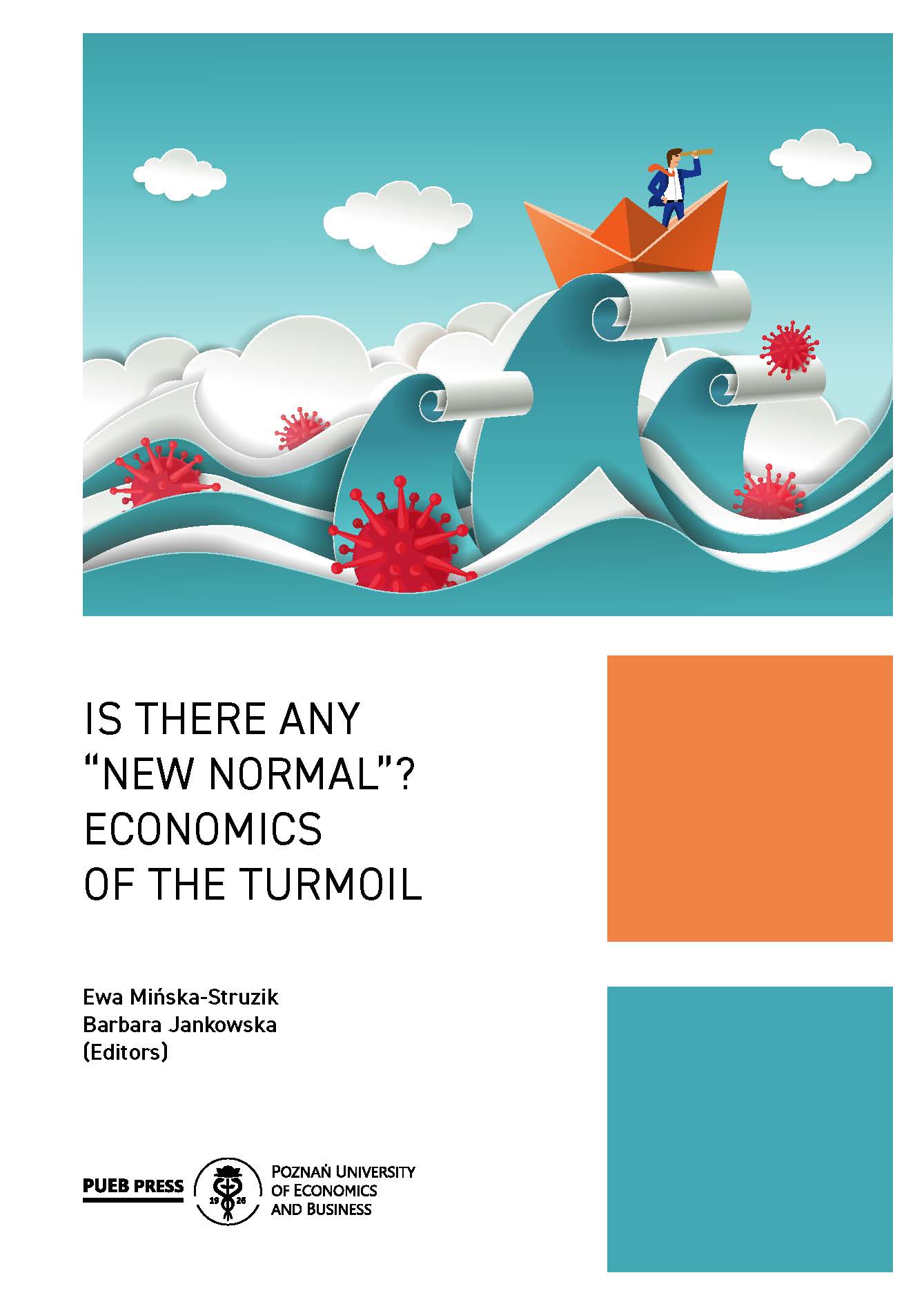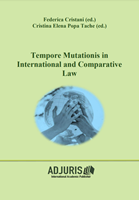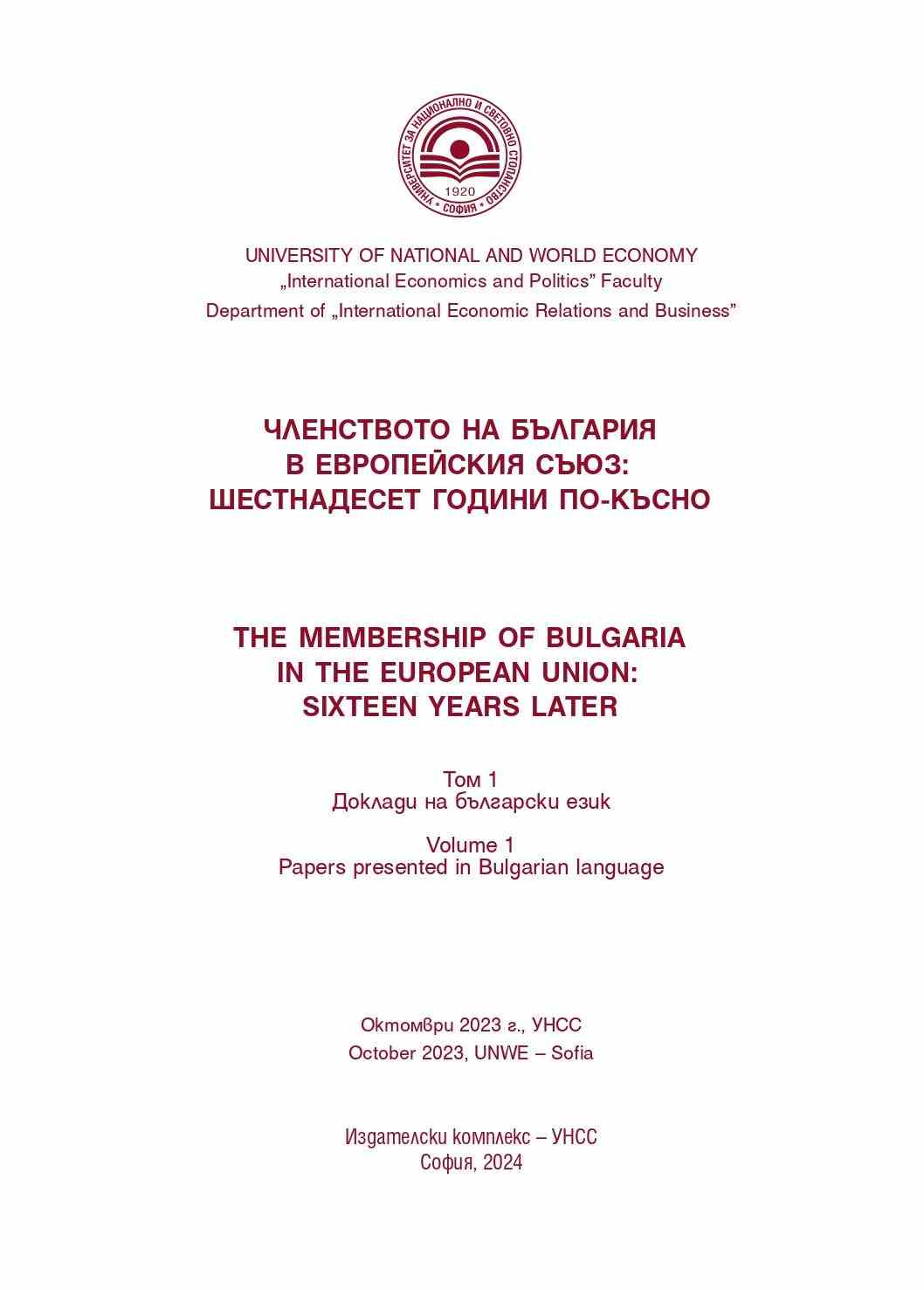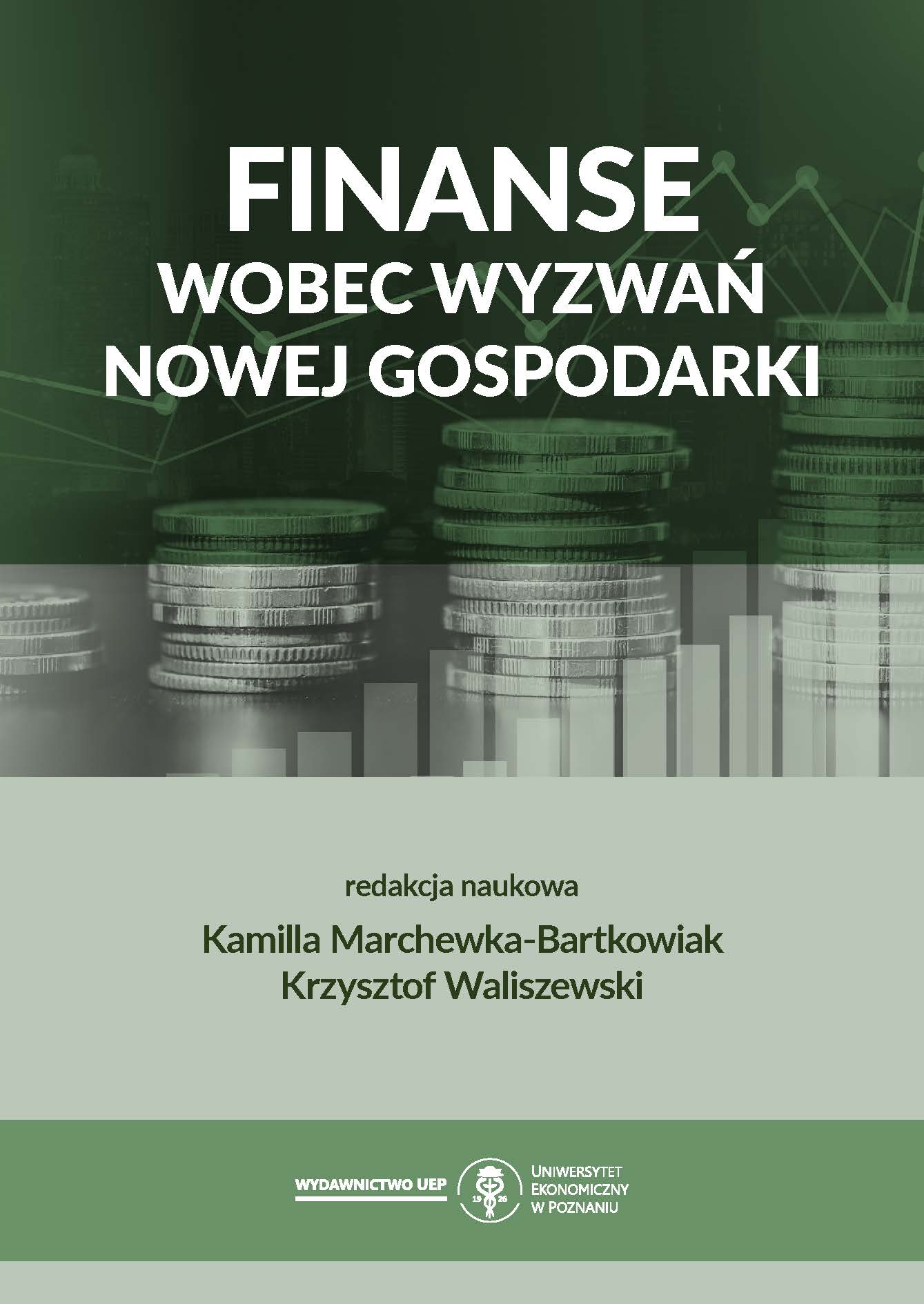
The European Union’s Common Commercial Policy in times of turmoil
Purpose: The general aim of the chapter is to identify the main challenges for the EU’s Common Commercial Policy in the context of post-pandemic and war’s experiences as well asfuture trade-related challenges. Design/methodology/approach: The chapter is based on literature/EU official documents, studies, and statistical analysis of the EU’s merchandise trade. It has been structured into two general sections. The first one presents recent trends in the EU’s external merchandise trade caused by the pandemic’s economic repercussions. This is followed by a short analysis of trade disruptions from the Russian-Ukrainian war and trade reactions to the new situation from the EU. Findings: The European Union faces challenges of a fundamental political and economic nature and the Common Commercial Policy is among the main policies defining the EU’s role in the dynamically changing global environment. The COVID-19 pandemic has brought dramatic instabilities to EU economy and trade and the new strategy of the Common Commercial Policy addressed some of the challenges of the evolving global trading system, revealed by the pandemic-related turbulences. Moreover, the Russia–Ukraine war with its geoeconomic and geopolitical consequences has exposed the CCP to new challenges and necessary adjustments. The latest strategy of the EU’s CCP, grounded on open strategic autonomy, emphasises a strong necessity of defending the interests and values of the EU and requires making the trade policy an important engine of green and digital transformation of EU economy. The renewed CCP must also address important trends in the geopolitics of trade and distortions ofthe global system that have symptomised already before the pandemic and the war. Originality and value: The chapter is addressed to students, scholars, and policymakers by contributing to the ongoing debate on the current changes in the global trading system and reactions to those changes from the EU’s Common Commercial Policy.
More...






